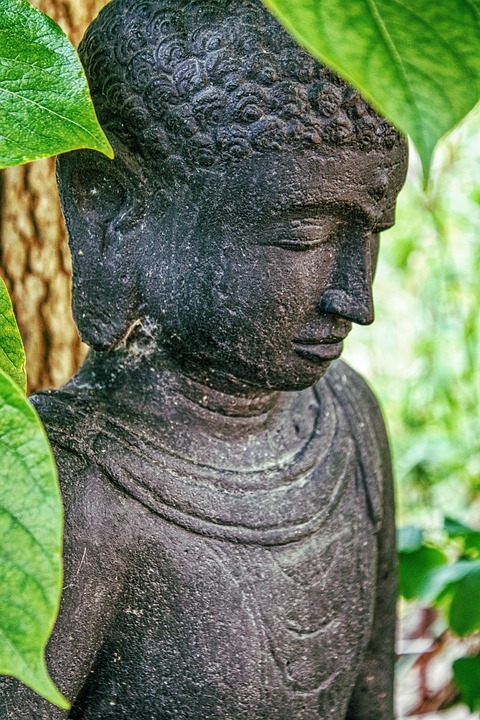Kundalini awakening is a powerful and transformative experience that can bring about profound spiritual growth and self-awareness. However, it can also be a challenging and intense process, often accompanied by a period known as the “Dark Night of the Soul.” In this article, we will explore the concept of the Dark Night of the Soul and provide guidance on how to navigate its challenges.
What is the Dark Night of the Soul?
The Dark Night of the Soul is a term used to describe a period of intense spiritual crisis and transformation, characterized by feelings of darkness, despair, and disorientation. It is a common experience among those who are undergoing a Kundalini awakening, as the energetic shifts and intense spiritual experiences can be overwhelming and disorienting.
This period is often marked by a sense of disconnection from the world and from one’s own sense of identity. It can feel like a “dark night” because the old ego-based structures and patterns are being dismantled, making way for a new, more spiritual awareness to emerge. However, this process can be painful and challenging, and it requires a great deal of courage and resilience to navigate.
Common Challenges of the Dark Night of the Soul
Some common challenges that people may experience during the Dark Night of the Soul include:
- Intense emotional turmoil and mood swings
- Feelings of anxiety, fear, and despair
- Disconnection from others and from one’s own sense of identity
- Physical symptoms such as fatigue, insomnia, and pain
- Spiritual doubts and questions about the nature of reality
- Feelings of being “lost” or without direction
Navigating the Challenges of the Dark Night of the Soul
While the Dark Night of the Soul can be a challenging and intense experience, there are several strategies that can help navigate its challenges. These include:
- Seeking support: Reach out to friends, family, or a spiritual community for support and guidance.
- Practicing self-care: Engage in activities that nourish the body, mind, and spirit, such as meditation, yoga, and spending time in nature.
- Letting go of attachments: Release attachment to old patterns, relationships, and identities that no longer serve you.
- Cultivating mindfulness and presence: Focus on the present moment and let go of worries about the past or future.
- Embracing the unknown: Trust that the process is unfolding as it should, even if it feels uncertain or uncomfortable.
Conclusion
The Dark Night of the Soul is a natural part of the Kundalini awakening process, and it can be a transformative and growth-filled experience. By understanding the challenges of this period and using strategies to navigate them, individuals can emerge stronger, wiser, and more spiritually aware. Remember that you are not alone in this journey, and that the darkness will eventually give way to the light.


Leave a Reply